As you know you can get all requests a website makes using Chrome Developer tools or Firebug. like this:

I need to get this information using PHP, what method should I use? thanks.
As you know you can get all requests a website makes using Chrome Developer tools or Firebug. like this:

I need to get this information using PHP, what method should I use? thanks.
With ONLY PHP, you can't. (well, you can, but you would have to code "browser engine").
Using php, you can make requests to an address and download the response using cURL or even file_get_contents (provided it is allowed in your php.ini). For instance:
$body = file_get_contents('http://www.google.com');
var_dump($body);
$body contains the response body of 'http://www.google.com', which, in this case, is an HTML file.
However, URLs sometime answer with something different than an HTML file (can be XML, json, plaintext, etc...)
cURL lets you fetch and check the response headers, which you can use to discover the content type of the response. Check this SO post for further details.
Some headers might 'point' to other resources as well, which mean you will need to parse the headers properly too.
Now you would need to parse the response, respecting the response content-type header. If it's a json or plain-text, then you're good to go since, as far as I know, those type of files cannot make further requests.
But let's assume it's the normal, regular, plain HTML. You can use DOMDocument to parse the HTML.
$doc = new DOMDocument();
$doc->loadHTML($body);
However, you will probably need to supress errors or validate and fix the html source first, since DOMDocument is very prone to choke with malformed HTML documents.
You will need to traverse the HTML Document and look for the HTML 'tags' that request resources. For instance, image tags, script tags, object tags, etc...
This will probably involve a lot of coding.
However, even after all this work, there's still a problem. Modern pages make extensive use of Asynchronous requests (take angular based pages, for instance).
In order to grab those Async Requests, you will need to create a javascript parser and interpreter in PHP (which is insane) or rely on a third party tool (for instance, you can pass the data nodejs to run your javascript).